Culturally and linguistically diverse people
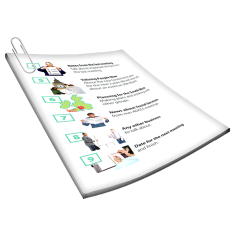
This information is about the mental health of people from culturally and linguistically diverse communities.
We will say CALD for short.
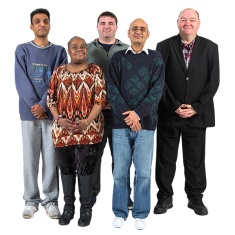
It has information on
- Key points for people from CALD communities

- Worries you might have when getting help for your mental health and what you can do
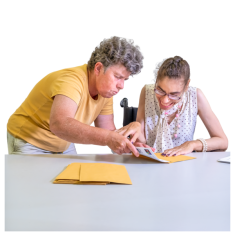
- Services and supports

CALD is used to describe the wide range of cultures, religions, and languages that people in Australia identify with.
Culturally and linguistically diverse is known as CALD for short.
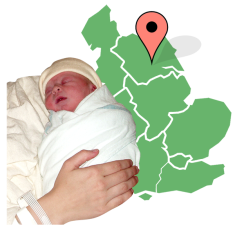
A person might be from a CALD background if they
- Were born overseas
- Have a parent born overseas
- Practise their cultural traditions
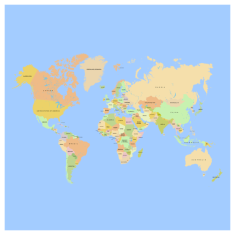
A person from a CALD background might speak a different language than English.
Language is a way of communicating that is used by a country or community.
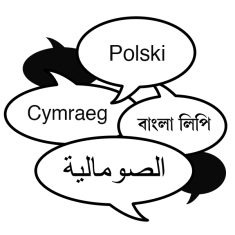
Some examples of other languages are
- Vietnamese
- Arabic
- Cantonese
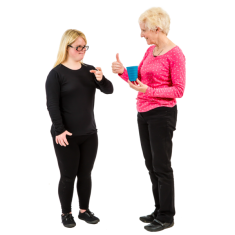
To communicate is how you understand and share your feelings or information.

Each person in a CALD community is different.
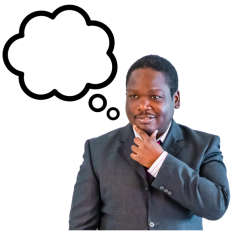
Communities can have different views on
- Mental health
- Disability

Mental health is about
- How you think
- How you feel
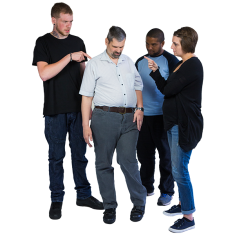
Some communities might have negative views about mental health and disability.
A negative view is when you think something is bad.

It can be hard if people have negative views about you.
People from CALD communities with intellectual disability can face discrimination.
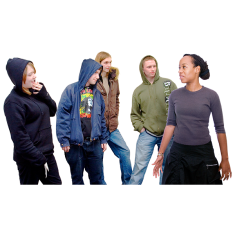
Discrimination is when someone is treated badly because of something about them they cannot control.
Discrimination can also mean you do not have your rights met.
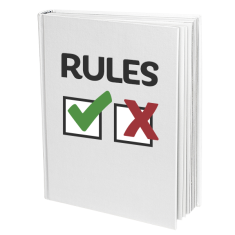
Rights are rules about how everybody should be treated fairly.
A right is something everyone has.
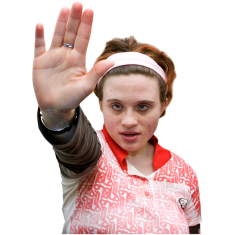
Discrimination is not OK.

Below are some worries you might have when you try to get support for your mental health.
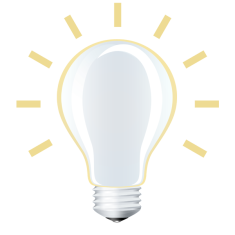
We include some ideas for what you can do.

You are worried about what your community will think and do if you have a mental health problem
This is what you can do.
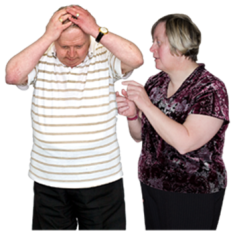
Get support
A mental health problem is when your feelings start to worry you.
You can ask for help.
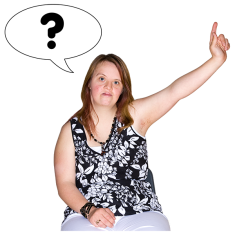
You might want to ask for help from
- Someone you trust
- A GP
- Support services
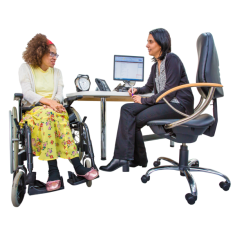
A GP is the doctor that you see when you
- Are sick
- Need a health check

A GP can give you information on mental health workers.
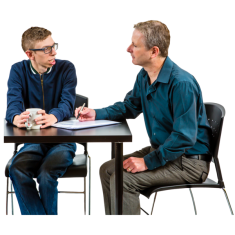
A GP might give you a referral for a mental health worker.

A referral is when someone says you should see another worker if you need more help.
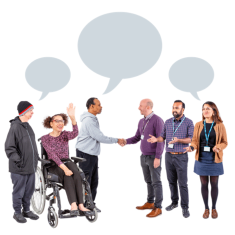
You can get support even if you are worried about what your community will think because the service will be confidential.

Confidentiality means that information about you must not be shared with others unless you say that it is OK to share.

Health workers will only share your information if there is a good reason to share information.
Good reasons to share information are
- You say it is OK

- You or other people are in danger
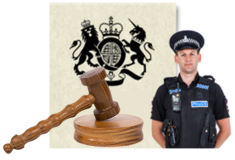
- The law says they must share information
Laws are a set of rules that everyone must follow.
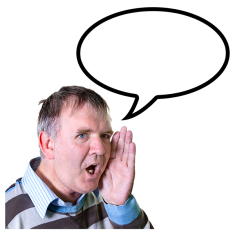
Advocate for yourself or ask someone to advocate for you
To advocate is you or someone else doing things so that your rights and needs are met.

Being told you cannot look for or get mental health support because of your culture or disability is discrimination.

Discrimination is not OK.
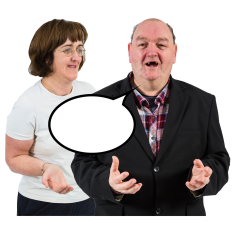
If you experience discrimination you can speak up and say it is not OK.

If you experience discrimination you can communicate with someone you trust.
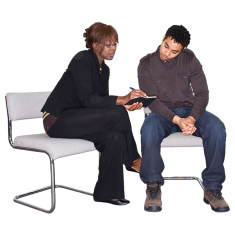
There are many people you might trust.
For more information about who you might trust go to https://www.idmhconnect.health/someone-trust
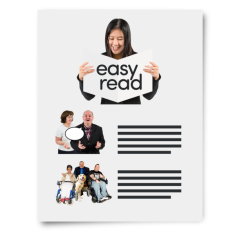
For more information about speaking up for yourself go to https://pwd.org.au/wp-content/uploads/2019/09/Speaking-Up-Factsheet-pdf.pdf

The Multicultural Disability Advocacy Association can help you advocate for yourself or find an advocate.
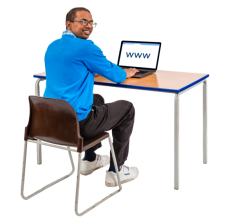
For more information about the Multicultural Disability Advocacy Association go to http://mdaa.org.au/services/

You can advocate by communicating to your community about
- Mental Health
- Disability

For more information about
- How you can communicate about mental health go to
https://www.idmhconnect.health/
communicating-about-my-mental-health/ER
- How you can advocate or find someone to advocate for you go to

You are worried health workers will not understand and be able to help you
This is what you can do.
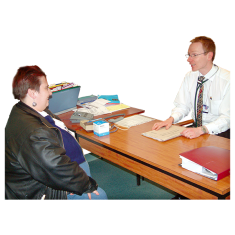
Mental health workers are people who work to help you with your mental health.

Some mental health workers have training to help them learn about how to support people
- With intellectual disability
- From CALD communities

You can ask for a mental health worker who has had this training.
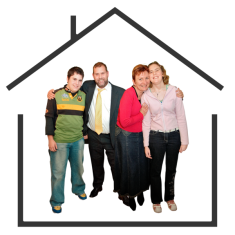
You can ask your mental health worker to include your family if you want.

It is OK if you do not want to include your family.

For more information about how your mental health worker can work with your family go to
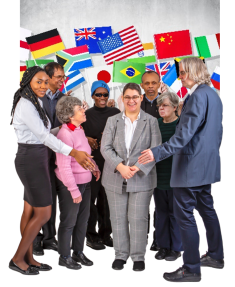
If you are worried you might also want to get support in your language.
You can ask for
- A mental health worker who speaks your language
- An interpreter
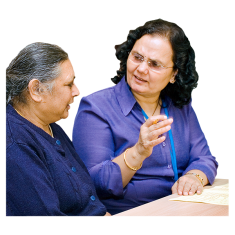
An Interpreter is a person who changes words from your language to a language someone else understands.

To organise an interpreter you or your family can ask
- Your doctor
- The mental health service

You can also ask your mental health worker to call the Translating and Interpreting Service.
The telephone number for this service is 131 450.

Below is a list of services and supports for people from CALD communities.
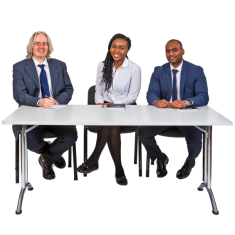
Multicultural Disability Advocacy Association support provide
- Advocacy services for people from CALD communities
- Support with NDIS appeals and reviews
For more information go to http://mdaa.org.au/services/
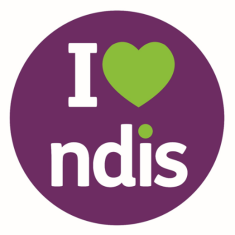
The Ethnic Community Services Co-operative provides
- NDIS services and information

- Advocacy
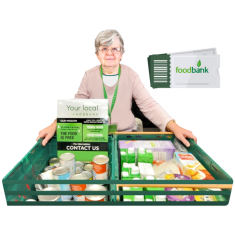
- Volunteer projects for people with disability
When you volunteer you give your time to help someone.
You do not get paid for your help.

They also provide
- Support for people looking for work experience and paid work
For more information about the Ethnic Community Services Co-operative go to https://ecsc.org.au/
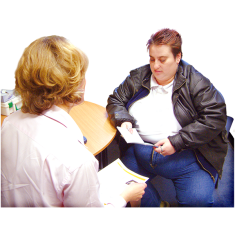
Open Minds has support services for people from CALD communities with mental health problems.
For more information go to https://www.openminds.org.au/
services/supporting-culturally-and-linguistically-diverse-people-cald
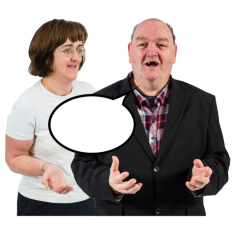
Action on Disability within Ethnic Communities has services and information including
- Advocacy support

- Videos about the NDIS in different languages
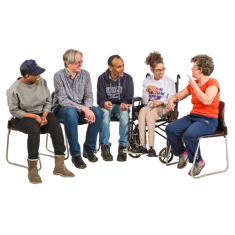
- Social support groups
A support group is a small group of people you meet with to communicate about mental health.

For more information about Action on Disability within Ethnic Communities go to https://adec.org.au/

Kin provides advocacy support for people with disability from CALD communities.
For more information go to https://kinadvocacy.org.au/

The Federation of Ethnic Communities Councils of Australia has a program that supports people from CALD backgrounds to access the NDIS.
For more information about the program go to https://fecca.org.au/
communityconnectors/
Translation and interpreter services

Below is a list of translation and interpreter services that support people from CALD communities.

Translating and Interpreting Service provide onsite and on phone interpreting.
The telephone number for this service is 131 450.

NSW Health Care Interpreting Services have free and confidential interpreters when you go to hospital for your care.

For more information about the NSW Health Care Interpreting Services go to

Lifeline Australia provide crisis support in different languages.
Call Lifeline on 13 11 14 and ask to speak to someone in your language.
Translated information for people from CALD communities

Below is a list of websites with information in different languages.
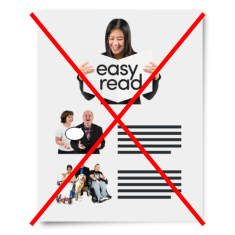
The information from the websites below is not in Easy Read but can still be helpful.
If you want you can ask someone to support you to read them.

Embrace Multicultural Mental Health has mental health information in different languages.
For more information go to https://embracementalhealth.org.au

Amparo Advocacy Inc has information on the rights of people with an NDIS plan.
For more information go to https://www.amparo.org.au/ndis-and-participants-rights/

The Cerebral Palsy Alliance has some information translated into different languages.
To read the information go to https://cerebralpalsy.org.au/resources-in-other-languages/

Centrelink information about the Disability Support Pension has been translated into different languages.
To read the information go to https://www.servicesaustralia.gov.au/
disability-support-pension-translation
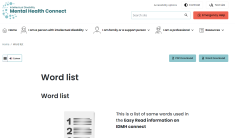
There are some tricky words in this Easy Read sheet.
For more information about these words go to